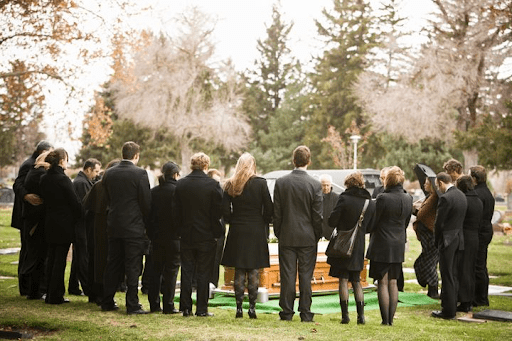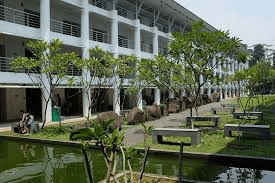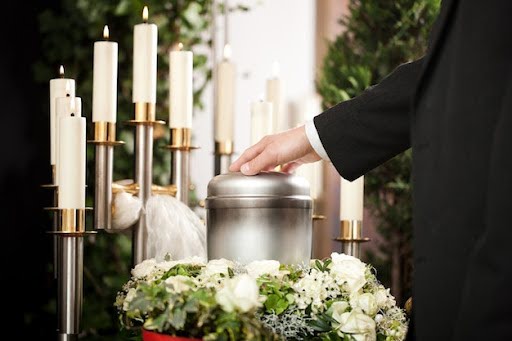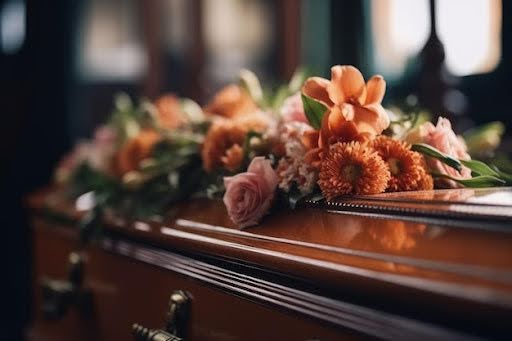
Funerals are an essential part of the grieving process, allowing family and friends to come together and honor the life of a loved one. Many different types of funeral services, ceremonies, and events can be planned to commemorate the deceased’s life. This blog will discuss ten types of Taoist funeral services, ceremonies, and events.
10 different kinds of Taoist funeral rites, ceremonies, and gatherings
1. Traditional Funerals
Traditional funerals are the most common type of Christian funeral service and typically involve a visitation period followed by a funeral service at a funeral home or church. Family and friends can pay their respects to the deceased during the visitation period and share memories. The funeral service typically includes a eulogy, music, and readings from religious texts.
2. Memorial Services
Memorial services are similar to traditional funerals but do not involve the presence of the body. Instead, photos or other mementos of the deceased are displayed for attendees to view. Memorial services can be held at a funeral home, church, or different location and may be followed by a burial or cremation.
3. Graveside Services
Graveside services are held at the cemetery where the body is buried or cremated. Attendees may also bring flowers or other items to place on the grave as a sign of respect for the deceased.
4. Celebration of Life Ceremonies
Celebration of life ceremonies is a meaningful and heartfelt way to honor and remember a person who has passed away. These ceremonies can occur during a Christian funeral, memorial service, or special event. They can be personalized to reflect the person’s life and passions and may include music, stories, poems, and other meaningful activities.
5. Wakes
A wake is a gathering of family and friends to honor the life of a deceased person. It is traditionally held before a funeral service, ceremony, or event. Wakes can be held in various settings, from a family home to a funeral home, and take place in a single evening or over multiple days. Singapore funeral costs for wakes may vary from $3,000 to $5,000
6. Home Funerals
Home funerals are becoming increasingly popular to provide meaningful and personalized Taoist Funeral services, ceremonies, and events. Home funerals offer families the opportunity to celebrate the life of their loved one in the comfort of their home while still honoring the traditional elements of a funeral service.
7. Green Funerals
These ceremonies focus on honoring the deceased’s life while minimizing environmental impact. Green funerals may include biodegradable caskets or urns, natural burial sites, and other eco-friendly practices such as using solar power for lighting or using recycled materials for decorations.
8. Military Funerals
Military funerals are held for members of the armed forces who have passed away in service or after retirement. These ceremonies typically involve a procession with a flag-draped casket followed by a service at a military base or cemetery. The service includes a eulogy, music, readings from religious texts, gun salutes, and other military honors such as playing “Taps” or presenting a flag to the deceased’s family. Military funerals can be expensive, even for those with money to spend. A Singapore funeral cost can be anywhere from $3,800 to $4,500, depending on the location, time of day, and services used.
9. Religious Funerals
These ceremonies typically involve a visitation period followed by a service at a church or other religious institution. Depending on the faith tradition, the ceremony may include prayers, hymns, readings from scripture, and other spiritual elements.
10. Virtual Funerals
Virtual funerals are becoming increasingly popular as an alternative to traditional funerals or memorial services due to social distancing requirements during the COVID-19 pandemic. These ceremonies involve streaming video of the service online so that family and friends who cannot attend in person can still pay their respects to the deceased from afar.
Conclusion
The type of Christian funeral service chosen should reflect the wishes of the deceased and the family’s preferences. It is essential to take the time to consider all of the options available and make the best decision for the deceased and their family. Ultimately, the goal is to have a meaningful and memorable service celebrating the deceased’s life.


